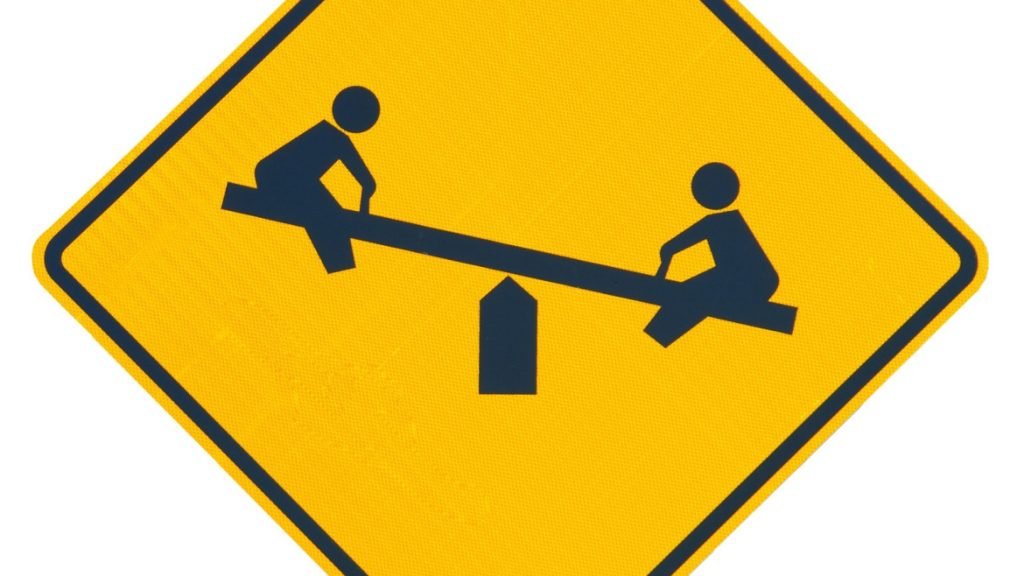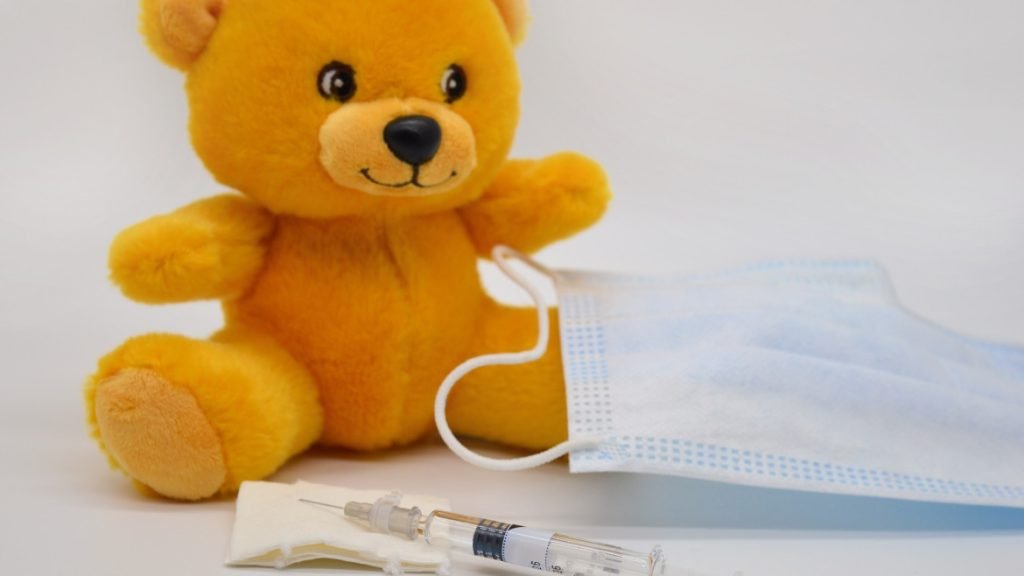5 Essential Tips for Managing Childhood Allergies: Symptoms, Prevention, and Treatment
Childhood allergies are a common concern for many parents, and understanding them is key to managing your child’s health effectively. Allergies can range from mild to severe and can impact a child’s daily life significantly. This blog will explore the symptoms, prevention strategies, and treatment options for childhood allergies, empowering you to help your child live a healthier, happier life.
What Are Childhood Allergies?
An allergy occurs when the immune system reacts to a normally harmless substance, known as an allergen, as though it were a threat. Common allergens include pollen, dust mites, pet dander, certain foods, insect stings, and medications. When a child with an allergy comes into contact with an allergen, their immune system releases chemicals like histamine, leading to various symptoms.
Symptoms of Childhood Allergies
Allergy symptoms can vary depending on the allergen and how your child is exposed to it. Common symptoms include:
- Respiratory Symptoms: Sneezing, coughing, runny or stuffy nose, itchy eyes, and asthma attacks.
- Skin Reactions: Rashes, hives, eczema, and swelling.
- Gastrointestinal Issues: Nausea, vomiting, diarrhea, or abdominal pain, especially in food allergies.
- Anaphylaxis: A severe, life-threatening allergic reaction that can cause difficulty breathing, swelling of the throat and tongue, and a drop in blood pressure. This requires immediate medical attention.
Preventing Childhood Allergies
While it’s impossible to prevent all allergies, there are steps you can take to reduce your child’s risk and manage their exposure to allergens:
- Identify and Avoid Triggers: Once you know what your child is allergic to, do your best to minimize their exposure. This could mean using dust-proof covers on pillows and mattresses, keeping pets out of certain areas, or reading food labels carefully.
- Keep a Clean Environment: Regular cleaning can help reduce allergens in the home. Vacuum often, wash bedding weekly in hot water, and use a dehumidifier to control mold growth.
- Encourage Breastfeeding: Some studies suggest that breastfeeding for at least the first six months can help reduce the risk of certain allergies.
- Introduce Foods Gradually: When introducing new foods to your child’s diet, do so one at a time and watch for any allergic reactions, particularly with common allergens like peanuts, eggs, and dairy.
- Consider Allergy Testing: If your child has frequent allergy symptoms, consider having them tested by an allergist. This can help identify specific allergens and guide treatment.
Treatment Options for Childhood Allergies
Managing allergies often involves a combination of avoiding allergens and using medications. Common treatments include:
- Antihistamines: These medications can relieve symptoms like sneezing, itching, and hives by blocking the effects of histamine.
- Nasal Corticosteroids: These are effective for reducing inflammation in the nasal passages, helping with symptoms like a runny or stuffy nose.
- Allergy Shots (Immunotherapy): For some children, allergy shots can help reduce sensitivity to certain allergens over time.
- Emergency Epinephrine: For severe allergies that may cause anaphylaxis, an epinephrine auto-injector (like an EpiPen) may be prescribed. This must be administered immediately during a severe reaction.
Conclusion
Understanding and managing childhood allergies is crucial for ensuring your child’s well-being. By recognizing the symptoms, taking preventive measures, and following appropriate treatment plans, you can help your child lead a healthy, active life despite their allergies. Always consult with a healthcare provider to develop the best strategy for your child’s specific needs.
Take action today to manage your child’s allergies and ensure they can enjoy life to the fullest.
Also you can read this blog “Regular pediatric checkups play a crucial role in monitoring your child’s overall health, including the management of childhood allergies. These routine visits allow healthcare providers to detect and address potential allergy symptoms early on. Learn more about the importance of regular pediatric checkups here


